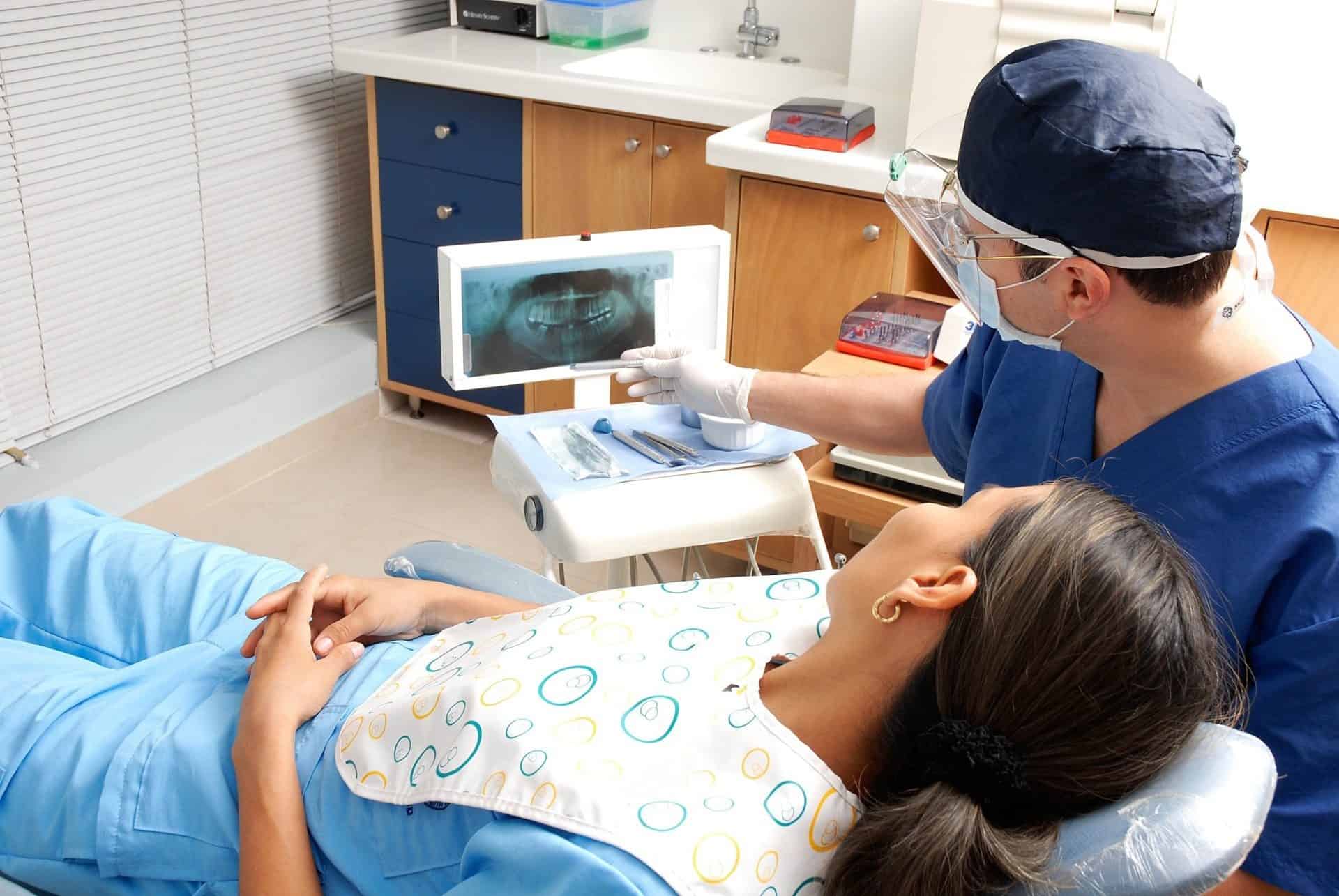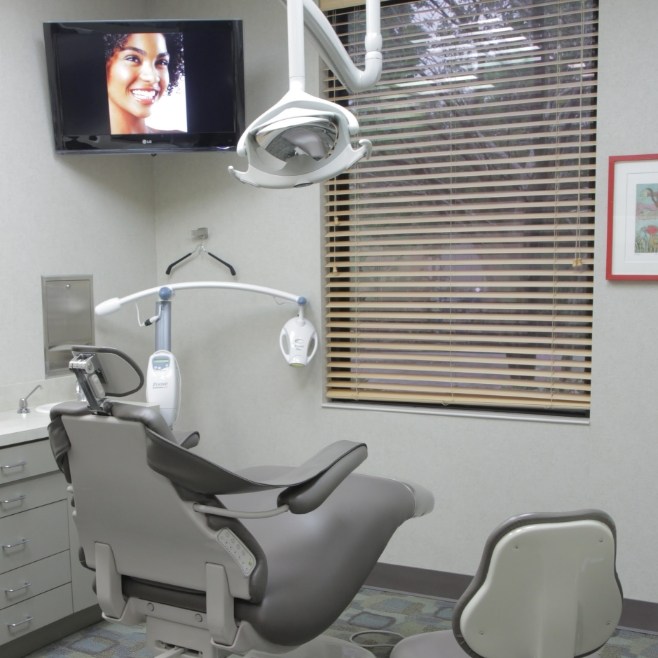7 Questions You Need to Ask the Dentist Before Your First Appointment
64% of adults ages 18 to 64 have visited a dentist in the past year. Regular appointments can ensure your overall oral health. Otherwise, you might leave yourself at risk for gingivitis, cavities, or worse.
Are you getting ready to visit the dentist? Here are seven important questions you should ask the dentist while you’re there.
With this list of dentistry questions, you can improve your oral hygiene between appointments.
Ready for a whiter, brighter, and healthier smile? Keep reading to discover the dental questions you need to ask during your next appointment.
1. What’s Causing My Teeth Pain?
Everything from a cracked tooth to the wrong brush can cause oral pain and discomfort. If you’re experiencing any discomfort, make sure to let your dentist know. They’ll detect the cause during your routine exam.
They’ll also use bi-annual X-rays to examine your teeth. These X-rays can help them determine the root cause of your pain.
However, it’s still important to tell your dentist about where you’re experiencing pain before the appointment begins. Sometimes, the cause isn’t apparent based on a visual exam or X-ray. Tell your dentist about the pain beforehand so they don’t accidentally make it worse.
Once your dentist determines the cause of your pain, ask the dentist for tips to avoid pain in the future.
They might suggest you switch to an electric toothbrush for a more thorough clean. Your dentist might also notice you’re not flossing because of the pain you’re experiencing. Neglecting to floss can cause plaque and tartar buildup, which can lead to gingivitis.
2. Should I Consider a Whitening Treatment?
If you’re concerned about the appearance of your teeth, including discoloration and stains, ask your dentist about whitening treatments. They might have a number of different treatments available. Speaking with your dentist about your concerns will help them determine which treatment is best for you.
Most in-office whitening treatments take about an hour.
Your dentist might also provide you with at-home kits you can take home and use.
3. What Procedures Can Improve My Teeth?
Are you concerned about the strength of your teeth? Ask a dentist about the procedures that can make your teeth stronger. For example, fluoride treatments and other procedures can improve your tooth strength.
They can also improve the resilience of your smile.
Ask the dentist about the treatments that can help you achieve your oral health goals.
Fluoride treatments are usually done for smaller children. However, adults beneath from fluoride too, especially if they have weak teeth that are at risk of developing cavities.
Your dentist might also suggest dental crowns, bridges, or implants to make your teeth stronger. However, these treatments depend on the dental damage you’ve sustained.
4. What Services Do You Offer for Misalignments?
Are you more concerned about the appearance of your smile? If you’re feeling self-conscious about crooked teeth, ask your dentist about your options. For example, they might suggest Invisalign aligners, clear braces, or another type of braces.
These options can help straighten your teeth. Closing the gaps between your teeth can also keep bacteria from digging into your gums. Straightening your teeth can improve your smile and help you avoid concerns like gingivitis.
Your dentist might also suggest dental veneers. Veneers are an ideal cosmetic option if you want to improve the appearance of uneven or crooked teeth quickly.
Ask a dentist your dentistry questions to get a full understanding of your options.
5. Why Are My Teeth Sensitive?
Make sure to speak with your dentist about any sensitivity issues you’re experiencing. For example, you might feel sensitivity when you brush or floss your teeth. Improper dental hygiene habits can lead to cavities or gum disease if you’re not careful.
Tooth sensitivity is caused by a number of issues, include:
- Cracks in your teeth
- Dental decay
- Certain medications
- Orthodontic work
- Whitening treatments
Make sure to discuss your at-home oral hygiene habits. Providing details will help your dentist determine the root cause of your sensitivity. This can help them diagnose other issues you’re experiencing and keep the problem from developing without treatment.
6. Am I at Risk for Gingivitis?
Severe periodontal (gum) disease can cause tooth loss. In fact, periodontal disease is the 11th most prevalent disease worldwide. If you’re concerned about developing gingivitis, make sure to ask your dentist about treatment options.
Your dentist can provide product recommendations and oral hygiene techniques you can utilize at home. These techniques can help you prevent gingivitis and keep the condition from developing into periodontal disease.
When gingivitis is left without treatment, it can become worse in time. Gingivitis can impact the overall integrity of your overall health.
Gum disease symptoms include:
- Swelling
- Pain
- Bleeding
- Bad breath
- Loose teeth
- Receding gums
Left untreated, this condition can also cause your teeth to fall out. You might need oral implants to replace your lost teeth.
Ask a dentist about your risk of developing gum disease. They can assess the current state of your gums and help you lower your risk of gum disease.
7. What are Your Tips for Better Oral Hygiene at Home?
You should already know to brush your teeth twice a day and floss regularly. However, your teeth might require additional care. Ask a dentist if they have additional tips for improving your oral hygiene at home.
For example, if you have a dental crown or bridgework, you might need to use a different flossing technique.
While you’re at the dentist’s office, ask the dentist if you’re at risk for future dental issues. Certain factors can leave you at risk, including:
- Smoking
- Grinding your teeth
- Poor oral hygiene practices
- Hereditary factors
It helps to know if you’re at risk of developing future ental issues. Then, you can take preventative measures to maintain your oral health.
Brush Up On Your Oral Hygiene: 7 Questions to Ask the Dentist Before Your Appointment
Keep your teeth in the best possible state! With these seven questions to ask a dentist before your next appointment, you can improve your dental care as much as possible.
Don’t forget to brush and floss daily!
Ready to schedule your next appointment? Contact us today to get started.


